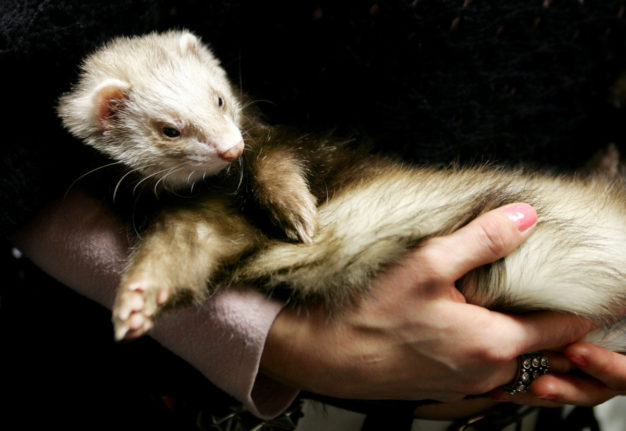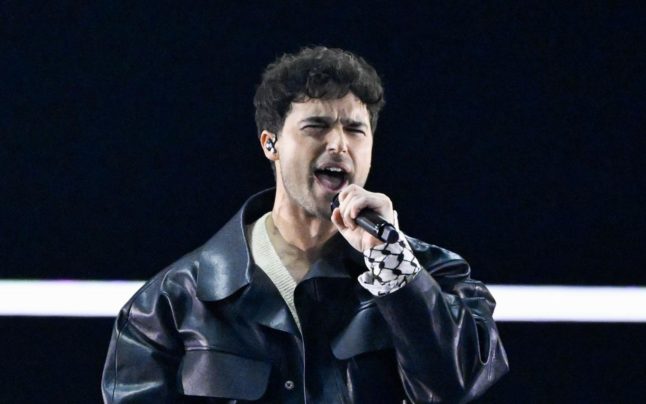The southern Swedish city is stepping up its efforts to crack down on its rat infestation, with specially trained ferrets being brought in to help a team of dogs in the hunt. They’re especially focusing on the area near Malmö Arena, where Eurovision will take place on May 7th-11th.
“Trying to fight the rats in Malmö is something that [the municipality] has been doing for over a year, putting in extra efforts, and now we’re just putting in some extra-extra efforts on certain locations where Eurovision will be,” Mona Ghalayini from Quality Detection Dogs, the company supplying the ferrets and dogs, told The Local, after Swedish public broadcaster SVT first covered the story.
Using ferrets and dogs to hunt is not a new method. Ferrets have for example helped chase rabbits out of difficult spots and holes on the Baltic Sea island of Gotland, and Ghalayini explained that the technique is more environmentally friendly than other pest control methods.
READ ALSO:
The ferrets are able to enter the rat holes and chase them out to where the dogs await. That means that pest controllers don’t have to do as much digging to find them, which in turns means that fewer plants and other things have to be destroyed to get to the rats.
“The good thing with using the ferrets, and the dogs, is that you use less poison, and the more we can come away from using poison, the better for everyone, both for dogs, cats, for the environment, for the wild animals,” said Ghalayini.
“We see that rats are actually building up a resistance to lots of poisons that we are using.”
Rats have been a long-standing problem in Sweden but the construction boom in southern Sweden has sped up their growth in recent years. Quite simply, the construction projects disrupt the rats’ habitats and force them above ground where they are more visible to residents.
Additionally, where there is a growing population there is an increase in waste.
Hyllie, where Malmö Arena is located, is part of the building boom, with almost an entirely new suburb created in the district in the past decade, including hundreds of new homes built alongside the arena, as well as restaurants, a train station and a major shopping centre.
Experts say that as a rule of thumb, the rat population is almost always certain to outnumber a city’s human inhabitants, meaning that Malmö is likely to have well over 350,000 rats.



 Please whitelist us to continue reading.
Please whitelist us to continue reading.
Member comments